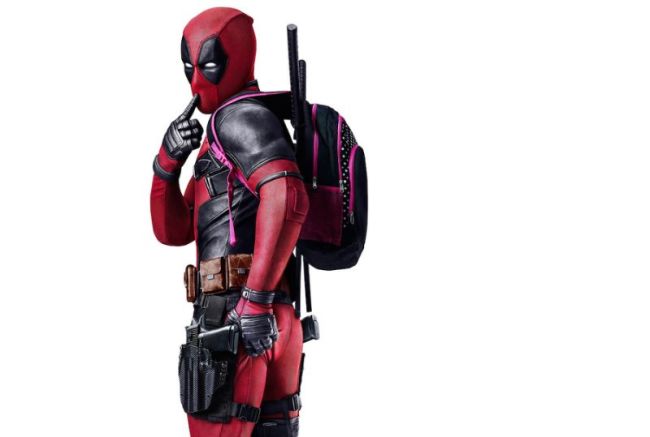A Utah court fight over alcohol, sex and “Deadpool” is drawing in experts dueling over banning booze at suggestive movies and the artistic value of the foul-mouthed superhero film.
Here’s a look at the case as the Salt Lake City theater Brewvies and the state of Utah gear up for a July 2017 trial date set on Thursday.
The Salt Lake City case started this spring, after state regulators threatened to fine the theater up to $25,000 and revoke its liquor license under a law that bans serving booze during films with simulated sex or full-frontal nudity.
The theater fought back, challenging the measure they say is so vague it would apply to Michelangelo’s “David.” The movie’s star Ryan Reynolds took notice with a $5,000 donation to help pay the cinema’s legal bills.
The law is typically used to regulate alcohol at strip clubs, where dancers are required to wear G-strings and pasties if liquor is served, but also applies to movies. Brewvies says Utah authorities have used the rule as a club, fining them in connection with “The Hangover Part II” and threatening punishment in connection with “Magic Mike XXL” and “Ted 2.”
 |
A promotional image for the Hollywood hit action comedy “Deadpool” (20th Century Fox) |
The state, though, says the law is designed to protect the public from negative effects that could come from serving alcohol while showing movies with adult content.
Utah is citing laboratory research from a University of Washington professor indicating alcohol can increase sexually aggressive tendencies and possibly sex-related crime such as rape and prostitution around adult-oriented businesses.
But another expert from University of California, Santa Barbara, argued those lab results do not translate to the real world, citing studies from Fort Wayne, Indiana, and Charlotte, North Carolina indicating no increase in crime rates near erotic establishments.
Utah regulators say the movie broke the law because it includes nudity and simulated sex, including a suggestive scene in the film’s credits involving a cartoon unicorn.
The theater argues the R-rated movie, while crude, is far from obscene. Most of the sex scenes come in a sequence that lasts less than 90 seconds, said Southern Utah University associate professor Kyle Bishop in court documents.
Bishop contends the anti-hero movie is artistically important because the story questions the value society places on physical appearance and its satirical tone encourages people to think critically about the increasingly dominant superhero genre. (AP)




![[Weekender] Korea's traditional sauce culture gains global recognition](http://res.heraldm.com/phpwas/restmb_idxmake.php?idx=644&simg=/content/image/2024/11/21/20241121050153_0.jpg)



